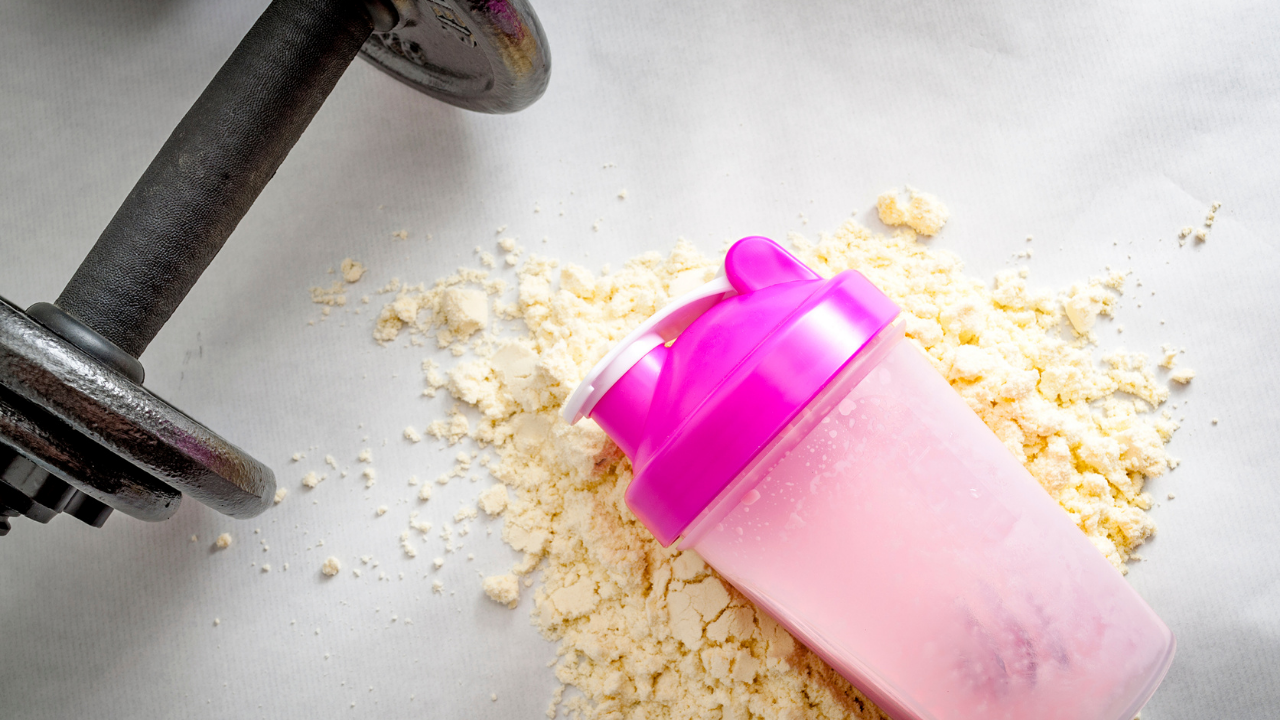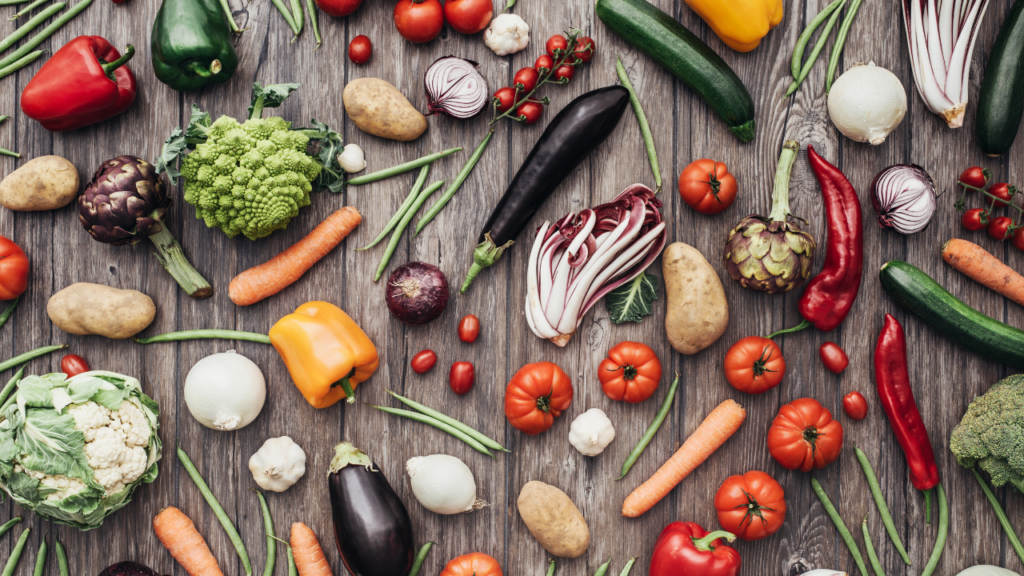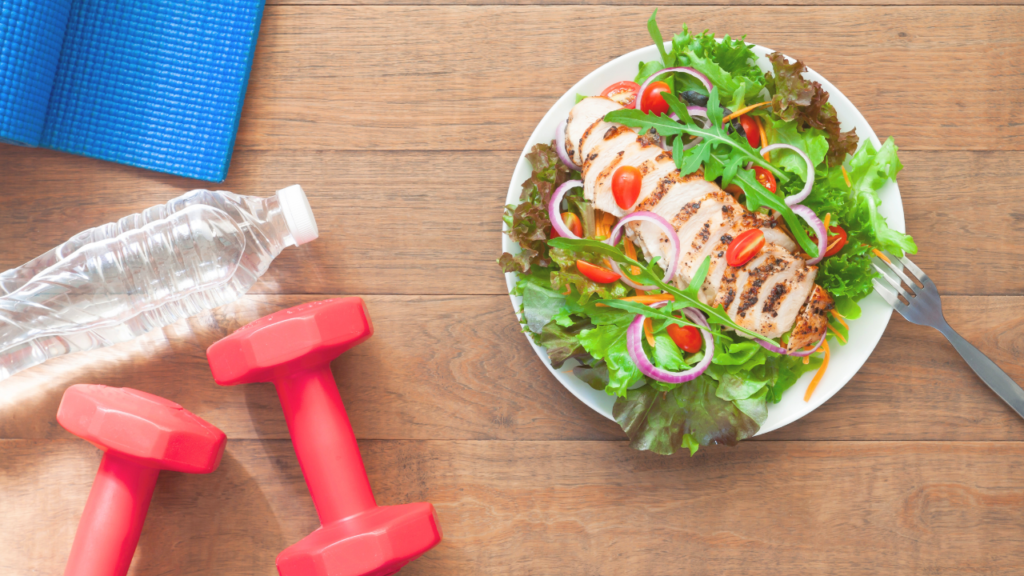
With the myriad of supplements on the market today, it can be overwhelming to consumers when deciding which supplements to purchase. Working with a dietitian can help clients understand how certain supplements work, which are a waste of money, and ones safe for consumption. Supplementation needs are highly individual based on a person’s diet quality, mode of training, and schedule. Two supplements I believe most active individuals should include in their diet are a high quality protein powder and vitamin D.
Protein is the building block for muscle growth, cell function, and other metabolic processes. Muscle protein synthesis is described as the rebuilding of damaged muscle tissue. In order to reach muscle protein synthesis, at least 20 grams of protein should be consumed within every 3-4 hours. Lean sources of animal protein such as eggs, fish, Greek yogurt, chicken, beef and turkey can all be included in the diet to meet protein needs. For active individuals who follow a vegan or vegetarian style of eating, pairing foods such as nuts and whole grains or beans and high protein vegetables such as broccoli and potatoes can help ensure adequate protein in the body. (1)
Investing in a high quality protein powder may be worth it, as having a post workout meal high in protein and carbohydrate is crucial for muscle repair and glycogen replenishment. For the busy individual, protein powder is a quick source of 20-30 grams of protein and essential amino acids such as leucine. Most protein powders are made from whey protein which comes from milk. For the plant based athlete, soy or pea protein may be a convenient option to quickly deliver the necessary amino acids to damaged muscle tissue. (1)
Vitamin D is a fat-soluble vitamin involved in calcium homeostasis and bone health. In addition, vitamin D has been shown to exhibit increased immunity and mood boosting effects. According to NHANES data in 2006, the overall prevalence of vitamin D deficiency in American adults is just over 41%. (2) If not supplementing, foods rich in vitamin D include eggs, swiss chard, and dairy products. Vitamin D stores can be increased by exposing large body parts such as the legs and torso to sunlight for at least 10 minutes per day. Supplementing vitamin D can be extremely beneficial to athletes during the fall and winter months when sun exposure is likely to decrease.
Choosing food to obtain key nutrients is preferred over supplementation. However, over the counter supplements may help fill the nutritional gaps for the busy office associate who just wants to keep in great shape or the on the go student athlete.
Source:
- https://www.sportsrd.org/wp-content/uploads/2019/07/EWG-19_Protein-Performance_v6_FINAL-2_v1.pdf
- https://www.aace.com/sites/default/files/2019-02/Vitamin_D_Deficiency_formatted.pdf






